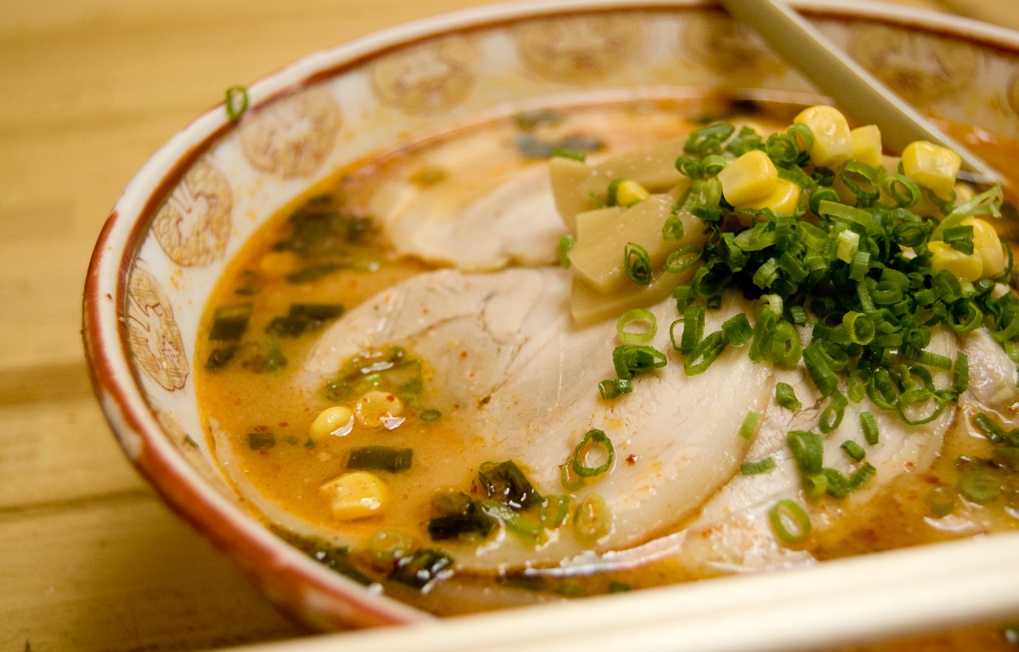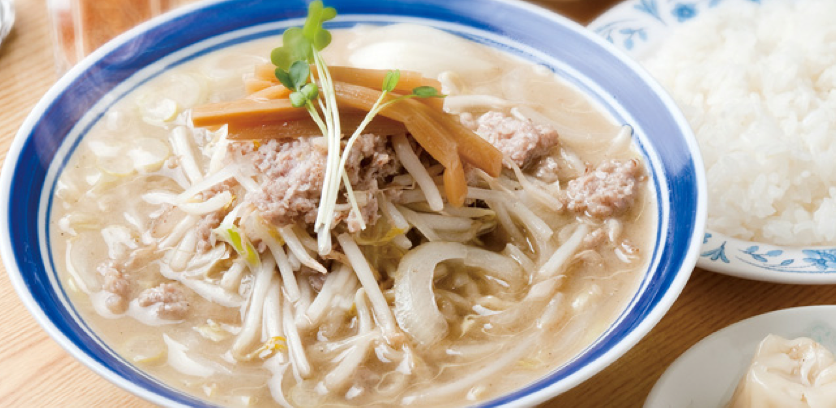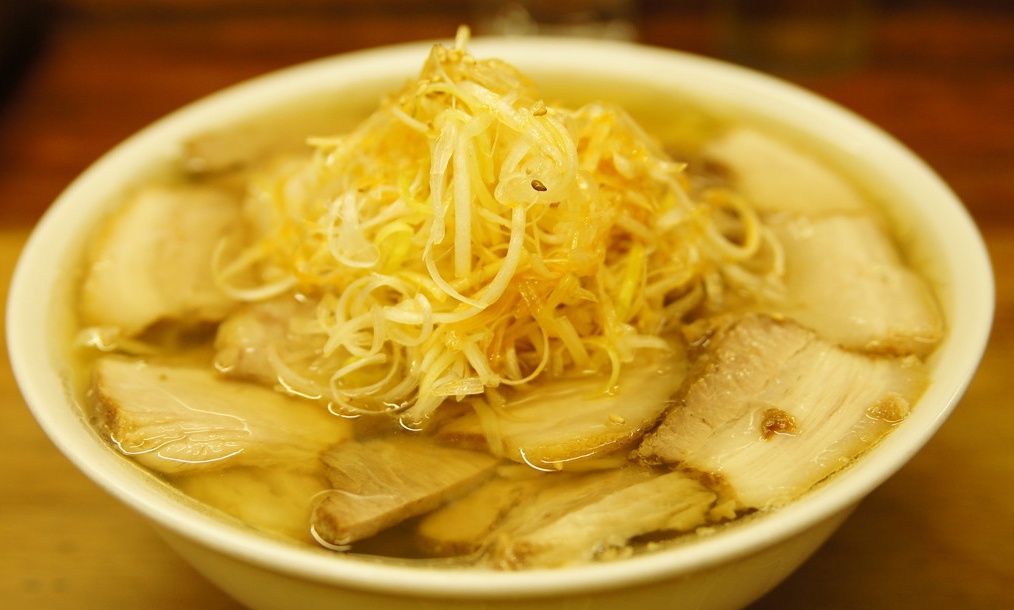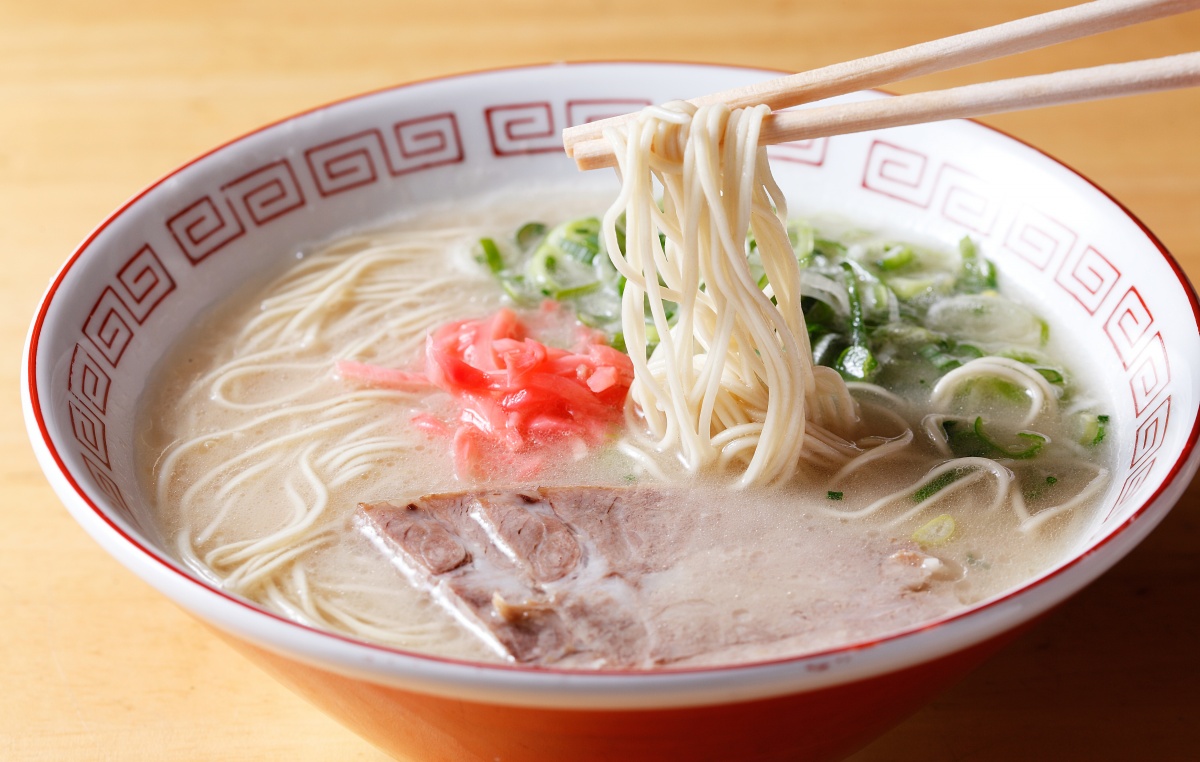The 3 Great Ramens of Japan

Since its arrival from China, ramen has been reshaped and reimagined into countless regional variations across Japan. Among them, three forms have emerged from the primordial soup to dominate the modern ramen landscape. These are now known as Nihon Sandai Ramen: the Three Great Ramens of Japan.
By Ellery SmithSapporo Ramen

http://www.ajino-sanpei.com/
Topped with sweet corn, bean sprouts, a fine array of fresh local seafood and butter to prevent the ramen from cooling down too quickly, Sapporo ramen has captured hearts not only in Hokkaido, but all over the world. The man behind this thick, rich dish is Morita Omiya, who conjured the first miso ramen bowl in 1954, when Japan was in the midst of recovery from World War II. Although miso ramen is one of the heftier recipes, miso is also rich in vitamins, fiber and protein, giving even health-conscious eaters something to enjoy in every bowl.
Sapporo Ramen Spots
Aji no Sanpei Ramen (Sapporo)
Miso Ramen Keyaki Susukino (Sapporo)
Menya Shou (Tokyo)
Kitakata Ramen

Underneath a layer of sliced pork lie the thick, four-milimeter wide, curly noodles characteristic of Kitakata ramen. Most commonly served in a pork and niboshi (dried sardine) broth—though there’s no singular standard—Kitakata ramen is light yet packs a punch. With the highest number of ramen shops per capita in Japan, ramen has such a large presense in Kitakata, Fukushima, that the shops are even open for breakfast. Don’t be flustered to see it called shina soba or chuka soba—they’re all just synonyms for “Chinese noodles.”
Kitakata Ramen Spots
Shokudo Namae (Kitakata)
Bannai Shokudo (Kyoto)
Kitakata Ramen Ban Nai (Costa Mesa, California)
Hakata Ramen

http://showcase.city.fukuoka.lg.jp/photo/img0811.html
Found on the northern end of Japan’s southern island of Kyushu, Hakata ramen uses pork bones that are cooked for a long time over extremely high heat to give the tonkotsu broth a rich and milky flavor. The white noodles are straight, firm and ultra thin yet surprisingly resilient in the broth. With exotic toppings like kikurage (wood-ear mushroom), beni shoga (pickled ginger) and spicy pickled mustard greens that really bring out the flavor, Hakata ramen is a stalwart of the Kyushu ramen scene.
Hakata Ramen Spots
Shin-Shin Ramen (Fukuoka)
Genki Ippai (Fukuoka)
Ippudo (Global)
Photo by Fukuoka-city



